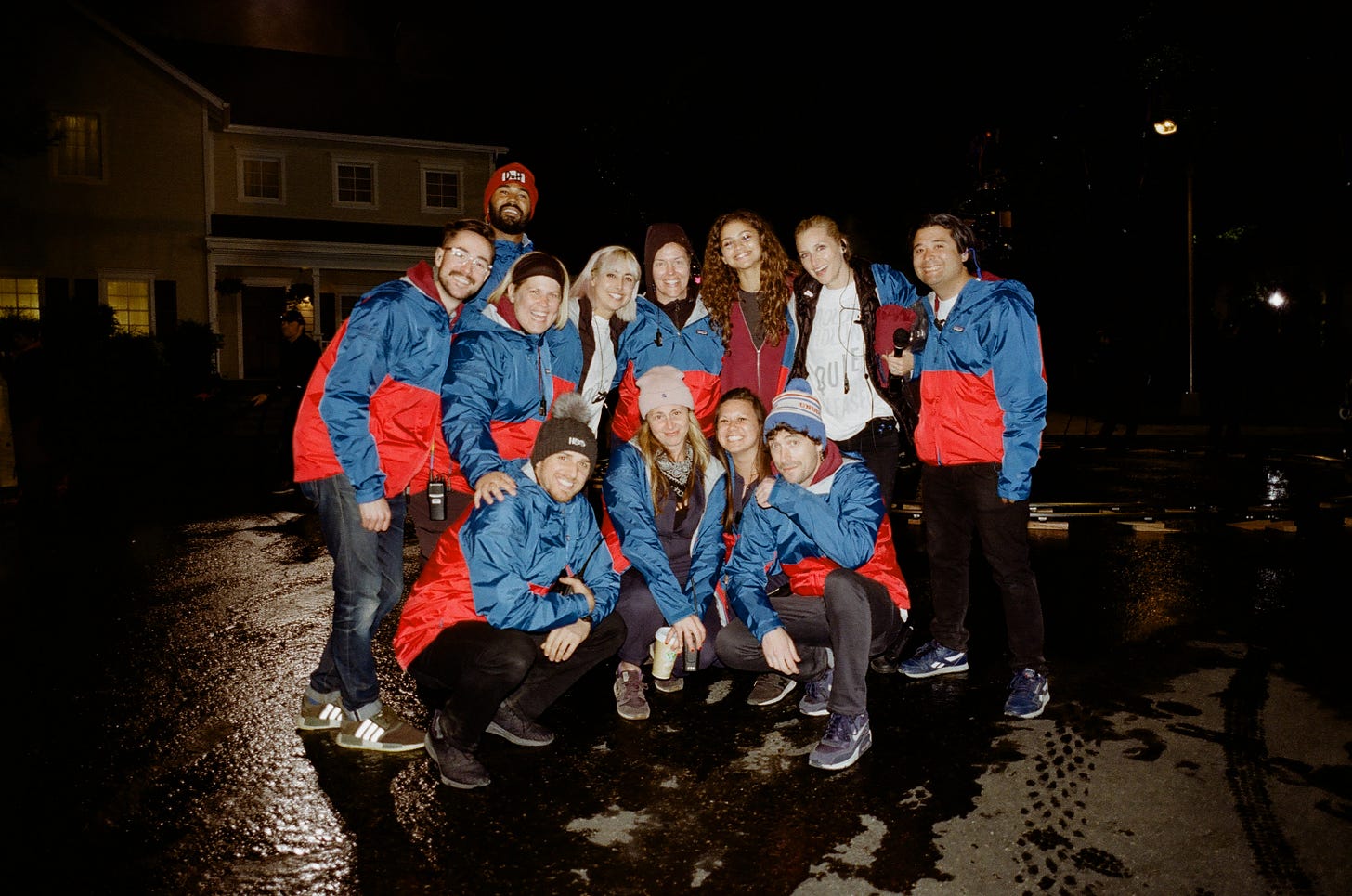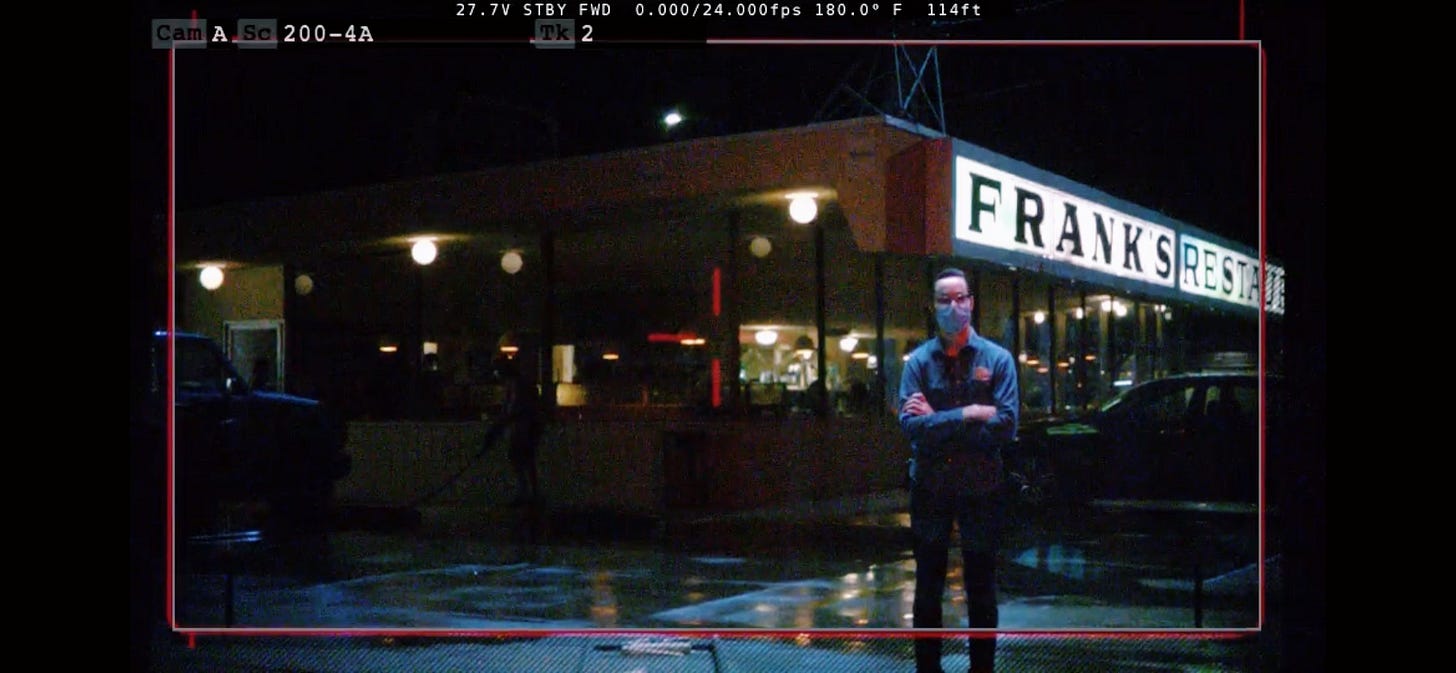From Star Wars to Set Scheduling: How Herman Phillips Is Reimagining Production Software with Cinapse
Article by Brynne Norquist
When Herman Phillips was five years old, he was already hooked on entertainment tech. Inspired by Empire of Dreams—the Ken Burns documentary chronicling the making of Star Wars—he dove headfirst into stop-motion and VFX, which all eventually led him to start his own production company at 16. By the time he went to college, he had enough revenue that he was able to financially support himself. Simultaneously, he stacked his resume with internships at Netflix, HBO, and Hulu. But amidst the long production days and highs of working for the studios, one thing became very clear: Hollywood’s technology was broken.
“I was blown away at how outdated the tech was that we were using to manage the production,” Herman shared. “Movie Magic was the industry standard— It was clunky, it was stuck in time, and it made collaboration impossible.”
That insight, paired with years on set—including Euphoria, The Mandalorian, and Silicon Valley—planted the seeds for Cinapse, a modern scheduling and production management platform that’s quickly becoming the go-to replacement for Movie Magic.
A Product Born on Set
While working as a Set PA in the AD department on Euphoria, Herman prototyped the earliest version of Cinapse—then just a Slack-style timestamping tool that tracked how much time was spent filming, lighting, or waiting on talent. This simple, time-saving tool proved surprisingly effective and soon made its way onto The Mandalorian (Lucasfilm) American Housewife (ABC), and The Old Man (FX) with over 100 crew on each show using it.
“It was originally a passion project that we started right before COVID” Herman explained. “But seeing how much value it brought to cast and crew—especially when actors could check in and see when their scenes were up—it was clear we were onto something bigger.”
The YC Pivot
Like many startups, Cinapse's journey wasn’t linear. Herman and his team initially built out a digital background voucher system, even getting approval from SAG-AFTRA and heading into discussions with ACTRA and UBCP. But the sales cycles were brutal—slow and vulnerable to last-minute vetoes.
It wasn’t until Cinapse joined Y Combinator—as part of the first cohort ever to receive a $500K check—that they decided to pivot. "We had hundreds of user interviews, and people kept telling us: what we need now is a replacement for Movie Magic," Herman said.
That’s when Cinapse doubled down on scheduling.
Building the Future of Production Management
Cinapse's strength lies in its intentionality. Herman and his team deeply studied the workflows and pain points of legacy scheduling software, building every essential feature production teams relied on—then layered in what those older tools lacked: real-time collaboration.
“You can do everything you’d do in Movie Magic,” Herman explained, “but collaboratively, in real time. That’s the game-changer.”
Their customer acquisition strategy was personal but aggressive. From there they emailed all 6,000 AD and UPM members of the DGA, DGC, and other global assistant director guilds, conducted over 500 interviews, and launched with an ultra-focused beta. Now, Cinapse is being used on 16% of film and TV productions in the U.S. and U.K..
“We’ve stayed hyper-focused,” Herman said. “It’s slow, but it’s steady. And because people have given us their time, they’re invested in our success.”
Now, his users spend an average of 40 hours a week using Cinapse. And many of them have even invested in the technology themselves.
What’s Next for Cinapse
Cinapse is scaling, circling back to their original on-set analytics tool, and continuing to expand scheduling access beyond just ADs to include the full crew and cast.
Oftentimes, film-tech innovators want to build an all-in-one Hollywood OS, but Herman’s advice to entertainment tech founders is refreshingly focused: “Don’t try to solve every problem. Just solve one really well.”
It’s no surprise that Cinapse is gaining traction across Hollywood. Cinapse isn’t just replacing Movie Magic—it’s reimagining collaborative production. With deep industry insight and a laser-sharp focus, we’ll start seeing Cinapse become the new industry standard.
And Herman’s advice for any startup founder?
“Protect your time,” Herman says. “You’ll never run out of work. So choose what matters.”







